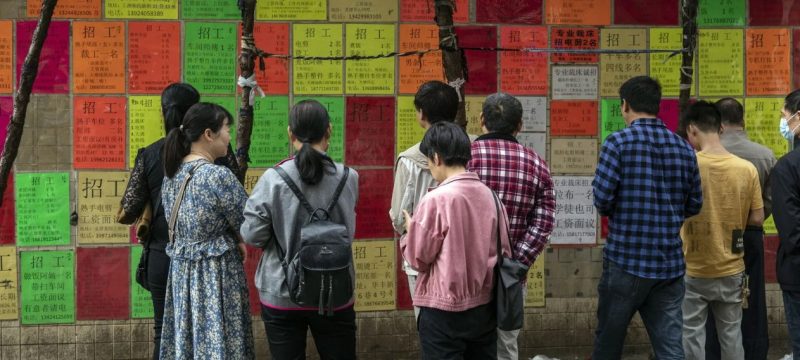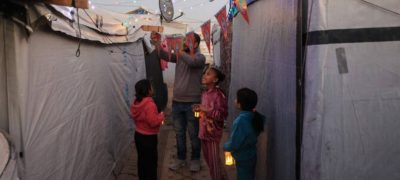The World Bank has issued a strong warning that Africa urgently needs to create millions of new jobs as its young population grows at a record pace. The continent’s labor force is expected to nearly double by 2050, with over 600 million people joining the working-age population in the next 25 years.
According to the World Bank’s latest regional outlook, Africa must find a new growth model capable of delivering large-scale, quality employment to prevent rising youth anger from spiraling into instability. The report comes as protests led by Gen Z erupt across several African nations, including Madagascar, Kenya, and Nigeria, where frustration over joblessness and corruption has been mounting.
Economic Growth but Unequal Opportunities
The World Bank projects that sub-Saharan Africa’s economy will grow by 3.8% this year, up from 3.5% in 2024. While this signals resilience amid global economic pressures, the gains are not reaching the majority of young workers. Only 24% of jobs in the region are wage-paying positions, leaving most new workers trapped in informal, low-paying roles that offer little social mobility.
Andrew Dabalen, the World Bank’s Chief Economist for Africa, warned, “The consequences of not solving these problems are hard to contemplate. We’re already beginning to see the signs.”
Youth Frustration Spreads Across the Continent
Thousands of young people in Madagascar recently took to the streets, joining other Gen Z protests across the region. These demonstrations highlight a growing discontent toward aging political elites and weak economic systems. Many young Africans feel excluded from opportunities and are demanding better governance, fairer taxation, and stronger job creation policies.
A Call for Structural Change and Investment
The World Bank said solving the crisis will require a “structural shift” toward larger, more productive companies that can drive growth and reduce business costs. Encouraging private investment, particularly in tourism and manufacturing, could help. The report notes that every job created in tourism generates another 1.5 jobs in related industries.
Technological innovation, including artificial intelligence, could also play a key role if countries invest in education and workforce development to harness new digital tools.
Debt and Economic Challenges Remain
However, Africa faces serious financial constraints. The World Bank reports that 23 countries are now at high risk of debt distress — nearly half of the continent — compared to just eight in 2014. The economic fallout from the COVID-19 pandemic continues to strain national budgets, limiting governments’ ability to fund job creation programs.
Still, there are signs of progress. Inflation has eased, currencies have stabilized, and fiscal management is improving in several nations.
A Growing Demand for Change
Despite the economic hurdles, the World Bank notes that the new generation of protesters is not seeking chaos. Instead, they are calling for accountability and progress. “There is a lot of demand for better governance from young people,” Dabalen said, emphasizing that Africa’s future depends on how leaders respond to this generational call.
In other news also read about Big Brands Pull Back Worldwide: Who’s Quitting, Scaling Back or Closing Stores?









